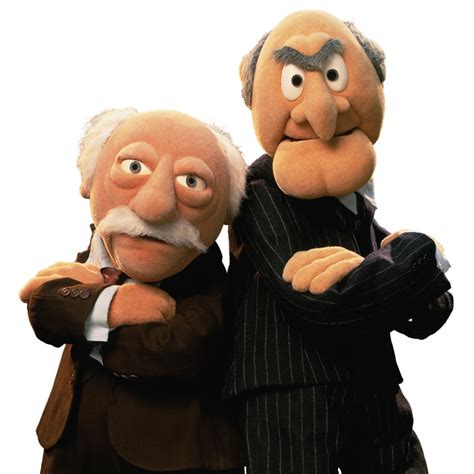Not all critics are equal. A common complaint you’ll see from people is that writers cannot take criticism. This is especially true in writers’ groups, and to be fair, some writers can’t take criticism. Many a would-be writer (or other type of creator) cannot handle any commentary other than compliments.
The problem is, not all criticism is helpful. Most people know that constructive criticism isn’t just compliments; the most useful criticism usually isn’t praise for your work. But, every writer has had at least one critic who bombards their work with nonsensical complaints, some of which just show that the person missed the point of the work entirely, or just flat out didn’t read the whole thing. I cannot count the number of people I’ve had throw temper tantrums at my work in writers’ groups without actually reading what I had written; many times, they simply inserted what they thought I was going for and didn’t actually check. This would especially hit whenever I was doing a work that deconstructed or subverted old tropes, and they wouldn’t read far enough to reach the punchline.
There is some useful criticism in this; any critic who won’t finish the story because it’s too boring, to dark, to aggravating, etc., is giving you feedback that your readers aren’t going to finish it either. As the author, you have to remember that you have no power to force people to finish reading; you have to take it upon yourself to make sure they’ll want to continue. If the readers are bored, it is not the fault of their short attention spans – it’s your job to keep them interested by writing a faster-paced book. If people are angry about some message or theme of the novel, you should have predicted this, represented their arguments, and prepared counter-arguments hidden in the story (I’ll do a post on strawmen sometime in the future). However, there is a limit. As I’ve mentioned before, you can’t please everyone, and some people aren’t going to keep reading no matter what. Pleasing one crowd will upset another.
So then, what is constructive criticism, and how can you tell it apart from the comments that aren’t helpful? How can you tell when people are dropping your book because there’s something wrong with it versus the people who can’t be pleased?
You will eventually have to develop an eye for such things, but there’s one thing I’ve noticed that seems to be true in all cases: constructive critics are genuinely trying to see the story become better, while hostile critics simply want to stop the story altogether.
Is there a particular theme or story thread that critics have a problem with? Helpful advice will point out how the reader feels about the thread, what’s wrong with it, and how to make it better. But a hostile critic will try to get you to abandon the story point entirely. This might extend to characters, or to plot arcs, or even the entire book or series, but the point is that helpful critics will try to expand the subject, while hostile critics only seek to silence or shut down the conversation.
The best criticism comes from people who offer up solutions to a problem. These are the people who will tell you what parts of your writing sucks, but will then give you ideas on how to fix it. They might offer alternatives to plot threads that don’t work, or suggest ways to introduce them without giving too much away. They’ll also let you respond to their criticisms, allowing you to explain what you’re trying to achieve without shutting you up, and will then work with you so as to construct the story you’re aiming to make.
Bad criticism doesn’t always take the form of hostile criticism. While hostile critics are actively trying to censor your story, other types of critics might still stop you from working on or improving your work. I have been to writers’ groups in which the person in control of the group would stop you from getting your time to read simply because he didn’t like the genre, or the medium, or because he didn’t see the action scene of a previous chapter that you read while he was out of town. If you find yourself in a writers’ group with someone this immature running the show, I recommend leaving and finding another.
Other types of bad critics might need a proper list in another post, including people that carry bags of ice in a cooler (not actually an effective weapon, FYI) to beat you over the head with in the parking lot because they didn’t like your writing but were afraid to say so in front of the rest of the group, or the occasional critic who is actually illiterate, but desperately trying to hide it. There are also the non-critics, who will read your work but make no comments. The last of these is not particularly bad, but they are definitely not helpful.
And while it’s important to recognize unhelpful critics, it’s equally important to make sure you don’t become one as well. If you find a writers’ group to join, be certain to emulate the kinds of people you would want critiquing your work.


